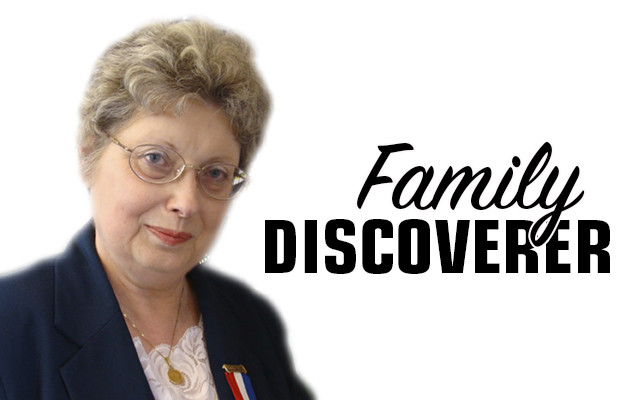
By sea or by rail
By Nancy Battick
Did you have an ancestor who worked in transportation? Here in New England, many of us had ancestors who were involved with the sea or rivers. These were the earliest and most reliable forms of moving people or goods from one part of New England to another. Roads were primitive at best and bridges across rivers or streams usually nonexistent.
Future President John Adams, who as a lawyer traveled when courts were in session, complained every time he traveled to Portland, Maine (then called Falmouth) about the poor roads and difficulties in crossing rivers. Adams often complained about many things, but he was certainly correct when he called northern New England wildernesses. Fortunately, he never had to travel north of Portland, where roads simply were paths at best.
It’s likely that some of your ancestors were seafarers of one type or another, especially if they lived on the coast of any of our New England states. Mine ranged from ordinary seamen to workers on river barges to masters of sailing ships. One was lost at sea along with his son, their fate unknown. Work involving water transport could be dangerous.
But your ancestor didn’t have to be a sailor to experience the dangers of water travel. Two of my ancestors drowned when they fell out of boats crossing rivers in southern Maine.
The real revolution in transportation came with the building of roads and bridges, which led to stagecoach routes and finally to the construction of railroads. It was railroads that allowed people and goods to move efficiently and safely around inland and coastal New England.
The last passenger trains ended their services in the 1960s and it was only with the advent of Amtrak that people were riding trains from southern Maine to other parts of the East Coast. Another form of transportation, trucks and automobiles, led to the demise of our railway system.
How do you find out about your ancestors involved in transportation? If your ancestor worked for a railroad, there is most likely a family tradition, but the U.S. censuses usually list occupations if you’re uncertain. Occupations can also be found on vital records when an ancestor married, had a child or died as well. City or town directories not only listed a person’s address but usually included where he worked. In this part of Maine Brownville Junction was the hub of the railroad industry, but each community the trains passed through had workers who kept the railways open.
During World War II, men working for the railroads were usually exempted from the draft. Railroads moved troops, supplies, equipment and people in necessary occupations efficiently and aided the war effort.
I should also note that the sailors in the merchant marine sacrificed greatly in transporting goods to allied nations. They suffered the highest rate of casualties in the war, most going to watery graves.
If you had an ancestor in transportation, be proud of him or her. They served this country well.
Columnist Nancy Battick of Dover-Foxcroft has researched genealogy for over 30 years. She is past president of the Maine Genealogical Society, author of several genealogical articles and co-transcribed the Vital Records of Dover-Foxcroft. Nancy holds an MA in History from UM and lives in DF with her husband, Jack, another avid genealogist. Reader emails are welcome at nbattick@roadrunner.com.